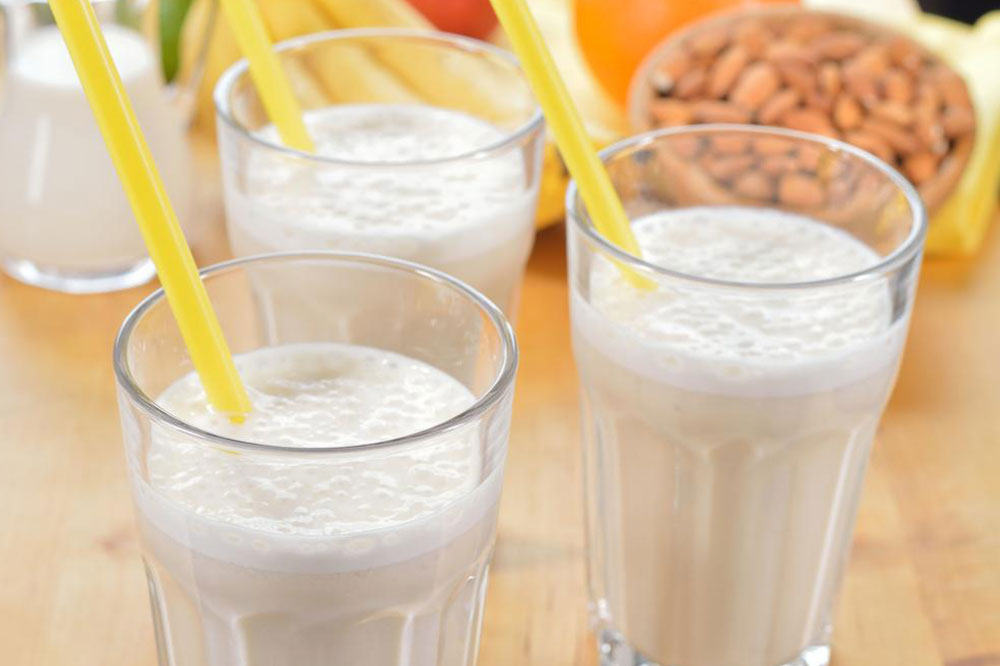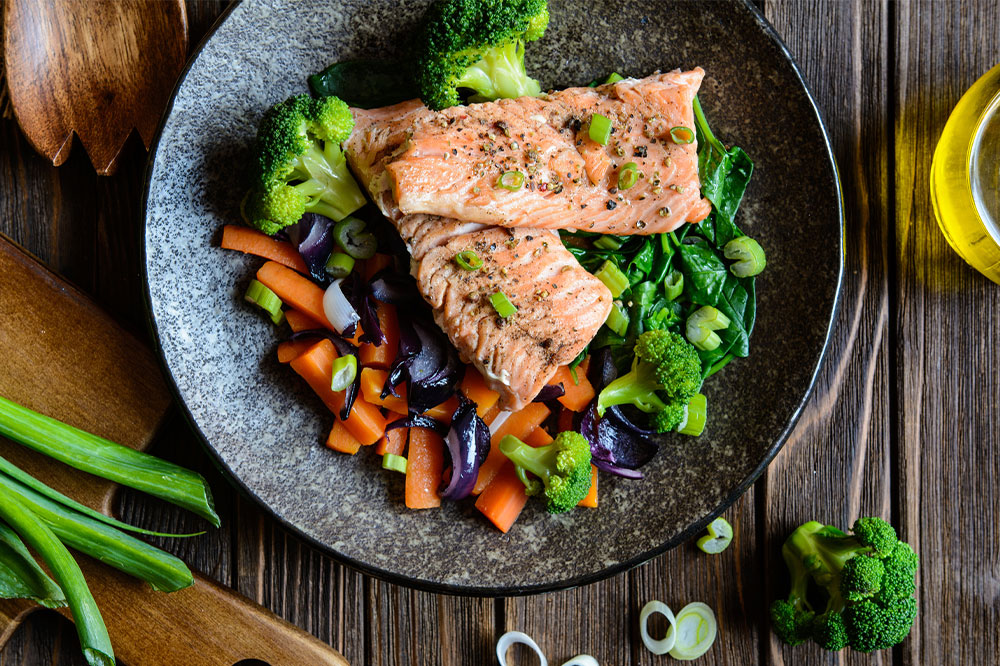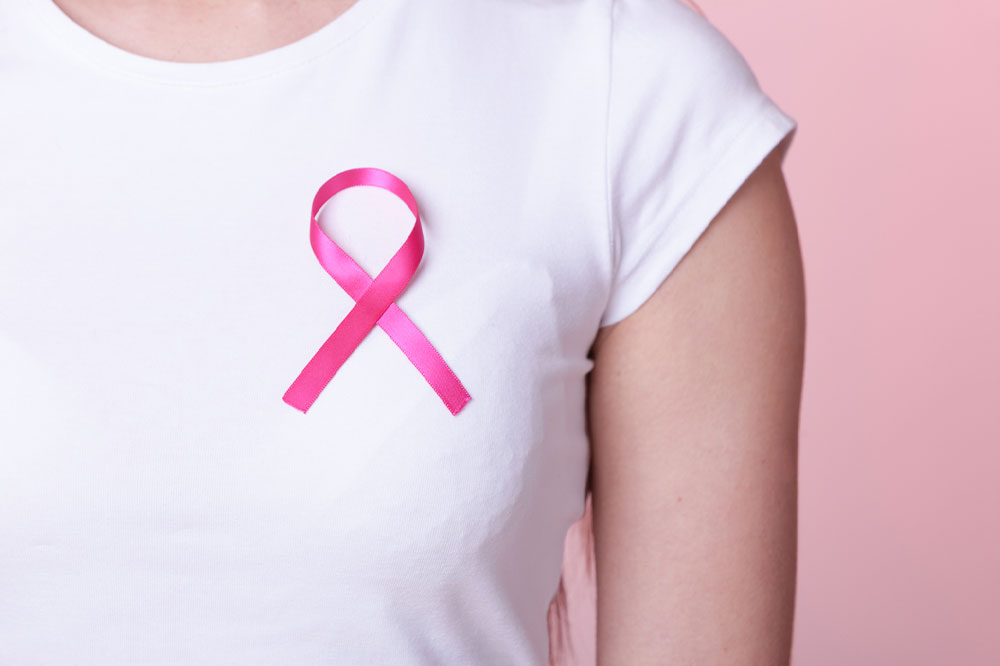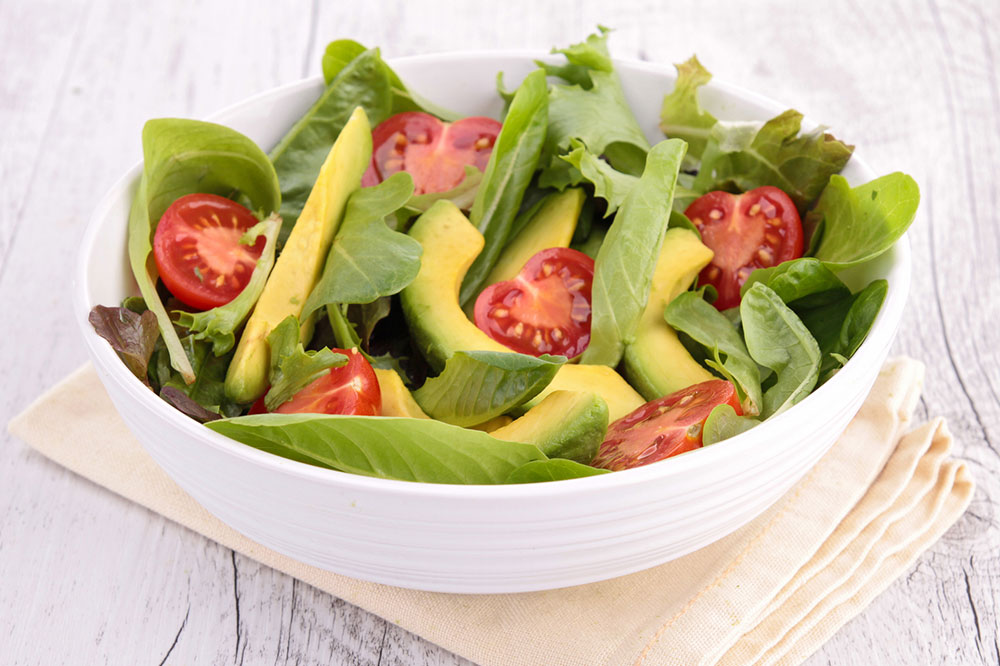Diet Tips for Managing Ovarian Cancer: What to Eat and What to Avoid
This article provides essential dietary guidelines for women with ovarian cancer, highlighting foods to include such as fruits, vegetables, especially cruciferous varieties, and whole grains. It also emphasizes foods to avoid like processed meats and certain dairy products, crucial for improving survival chances and managing symptoms during treatment. Proper nutrition is key to support treatment and overall health.
Sponsored

Dietary Guidance for Ovarian Cancer Patients
Ovarian cancer is frequently diagnosed at advanced stages, often after metastasis has occurred. It is among the common cancers affecting women worldwide. Excess body weight is a significant risk factor for ovarian, breast, and endometrial cancers.
Research analyzing women with ovarian cancer in Cook County from 1994 to 1998 found that those who maintained a nutritious diet tended to have longer survival rates. The study considered individual preferences for fruits, vegetables, meats, grains, dairy, and oils.
The findings showed that women adopting healthier eating habits experienced extended life spans, with certain foods making a larger impact. Survival duration varied depending on age, cancer stage at diagnosis, and dietary choices. Notably, cruciferous vegetables like cauliflower, kale, and broccoli, along with yellow vegetables, proved highly beneficial.
Below are recommended foods to include or avoid in a diet aimed at ovarian cancer management.
Foods to incorporate in your diet:
Increase daily intake of vegetables and fruits—aim for at least five servings each day to lower ovarian cancer risk.
Select whole grains, including whole wheat bread, brown rice, and pasta, to boost nutrition and fiber intake.
Consuming cruciferous vegetables such as cabbage, cauliflower, kale, radishes, arugula, and mustard greens is recommended. These vegetables contain phytochemicals that convert into cancer-fighting compounds which inhibit tumor growth and eliminate carcinogens. They also reduce inflammation, lowering the risk of cancer and cardiovascular diseases.
Proper nutrition is vital during treatment, especially as chemotherapy can impair eating. Maintaining energy levels is essential to support healing and treatment continuity.
Foods to avoid:
Limit processed, red, and cured meats, as high consumption has been linked to lower survival rates.
If experiencing diarrhea, steer clear of dairy, caffeine, carbonated beverages, and high-fiber foods to manage symptoms effectively.
While the direct impact of diet on survival isn't completely understood, working with a healthcare professional to plan a tailored diet can improve management and outcomes for ovarian cancer patients.






